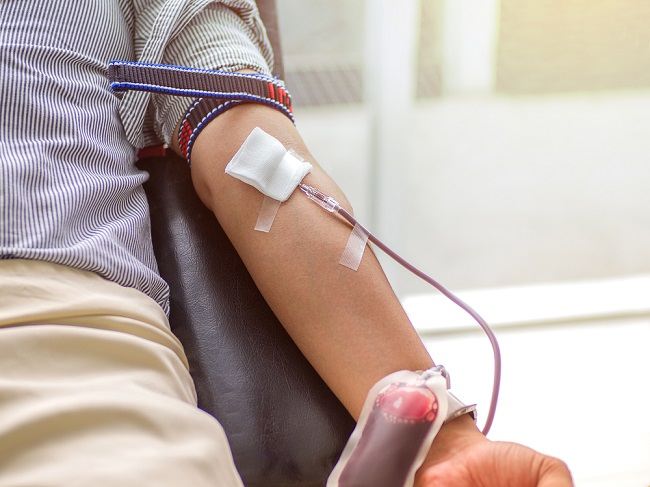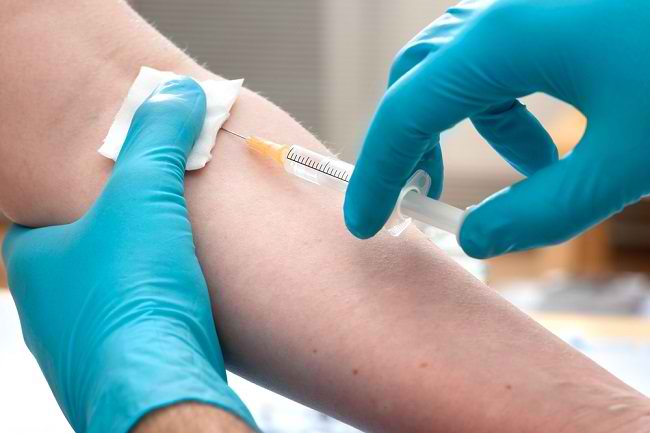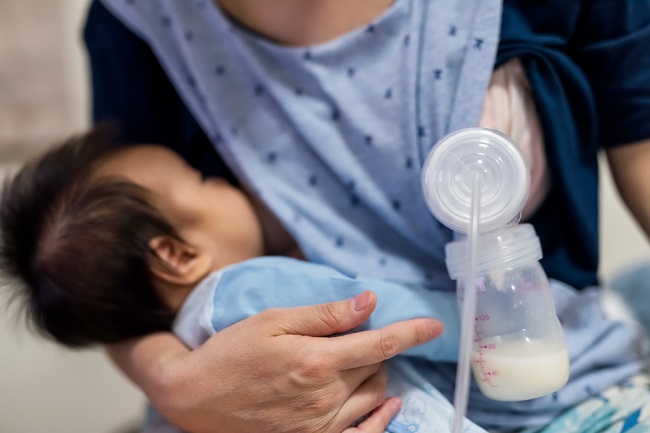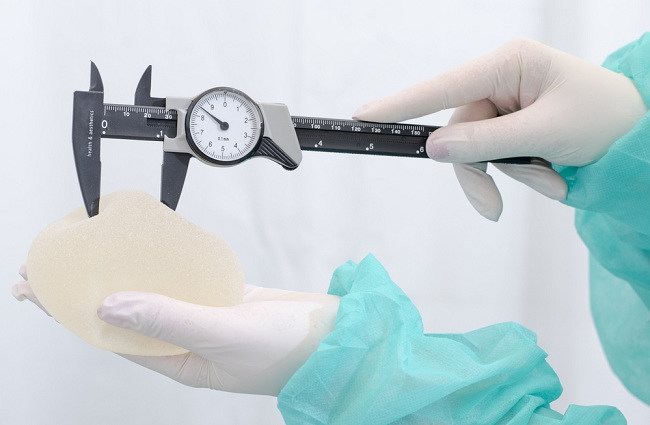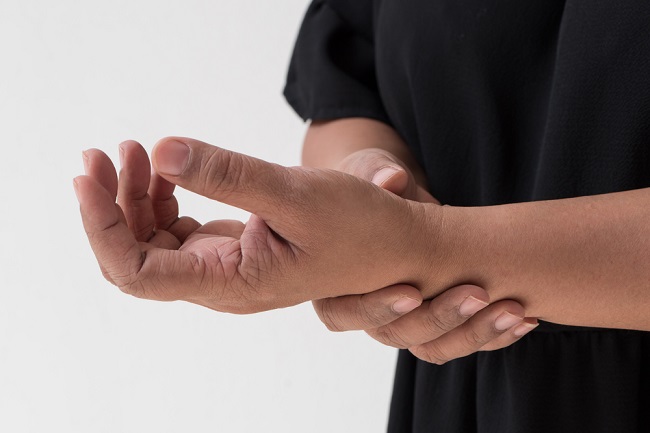Have you ever heard that babies can feel the stress you are experiencing? Check out the facts here, so you know how to deal with them.
When you experience stress and your little one becomes fussy and cries all the time, it could be that he is "infected" by the stress that you feel. The reason is that even though they can't speak yet, babies are already able to detect the emotions that you feel.

Babies Learn to Recognize Emotions from the Environment
After birth, babies will begin to learn to recognize the emotions of the people around them, especially Mom and Dad. A study shows that the stress you feel can affect your little one's emotions. For example, he can feel sad if he sees his parents sad or being bad mood.
When the baby is 2.5 - 6 months old, he can already distinguish sad and happy expressions from the faces of his parents. Your little one will look happy when you look at him with a smile. On the other hand, he may look upset or sad when you are angry. In fact, he can experience stress if you look stressed, so you need to be more careful about how you react to something.
Come on, start managing stress well
The stress that you experience must be handled properly because in addition to being able to make your little one "infected with stress", his growth and development can also be affected.
For that, you need to manage the stress you experience by doing the following:
1. Understanding the causes of stress
You have to understand the situation or thing that makes you depressed. For example, if you feel pressured and overwhelmed by caring for your little one yourself, try talking to your father or closest family. With the support from the closest environment, Mother can go through it and find a way out.
2. Talk to the closest people
Do not isolate yourself when experiencing stress because this will only make your condition worse. You still have to socialize and talk to your partner, family, or friends about the anxiety you feel.
In fact, Mothers do not hesitate to ask parents or other mothers about the experiences they went through after having children.
3. Maintain health
To be able to continue to care for your baby, you must first take care of your own health. Get enough rest, eat healthy, and fulfill your fluid intake to help relieve the stress you are experiencing.
4. Make time for yourself
Even though you already have children, you still have to make time for yourself or me time. So, when you're feeling tired from everything, try going out for a while to go out with friends or head to a beauty salon for a treatment.
You can leave your little one for a while to your father or the closest trusted person. By doing things that you like, you can get back excited to take care of your little one.
5. Accept the help of others
Stress usually starts from being overwhelmed by doing everything at once. Every now and then, try to delegate some work, such as washing clothes and cleaning the house, to someone else.
You even need to communicate to Dad that you still need his help. You can ask Dad to help you complete some tasks, such as washing baby bottles.
If you still feel stressed even though you have done the various methods above, don't hesitate to consult a psychiatrist or psychologist. Because prolonged stress can be a sign that you are experiencing postpartum depression.
The sooner you are free from stress, the risk of your little one being "infected" with negative emotions from the mother is also lower, so that their growth and development can be optimal.
